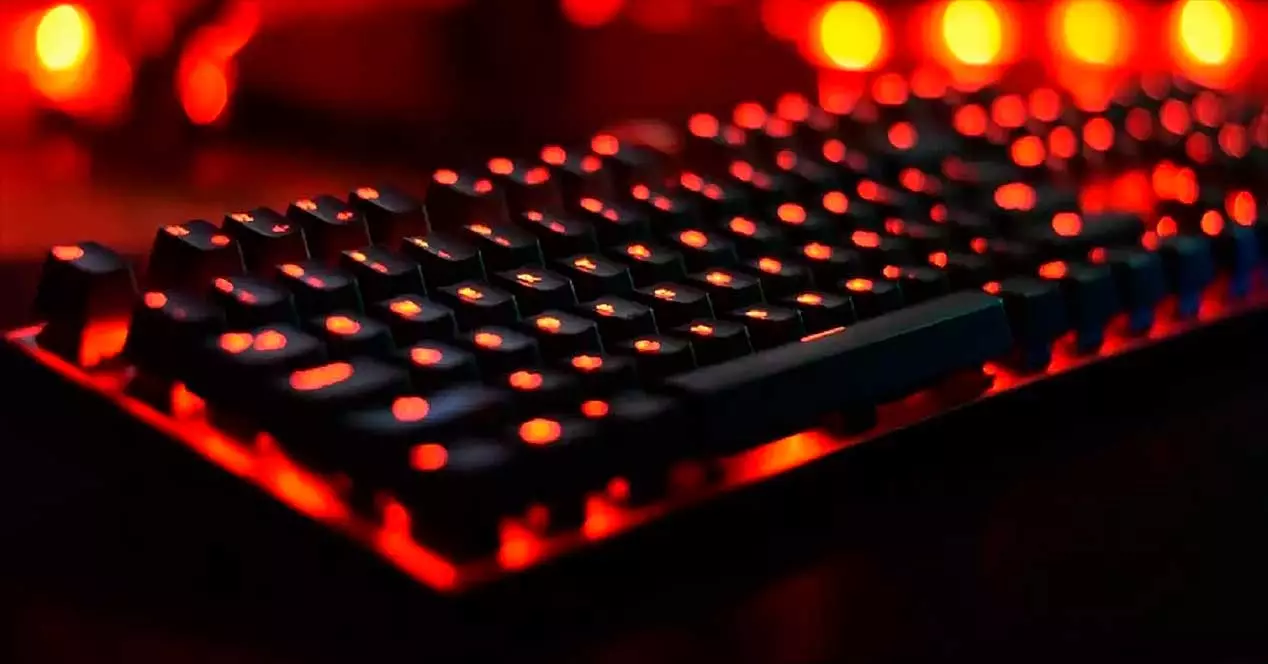Purchasing a 60 mechanical keyboard can be as difficult as buying a car. You will want to consider many factors including price, space, quality of sound, ease of use and technology compatibility. Your purpose for having a keyboard is also important to consider. In today’s academically competitive environment, many parents recognize the value of music education for their child. However, purchasing a piano for piano lessons is not always a viable option. Parents looking for ways to provide an affordable music education for their child are considering keyboards as a piano alternative. If this is you, be careful. There are some keyboards that will actually hinder your child’s ability to play!
There are 3 important things to consider when purchasing a keyboard. 1. Width of keys on keyboard 2. Weighted or touch sensitive keys 3. Number of keys on the keyboard.
1. Width of keys on keyboard – You definitely want full-size keys on the keyboard. I have no idea why miniature keyboards are even made. Learning to play piano on a miniature keyboard would be equivalent to learning to play basketball on a 5 foot hoop. Whatever skill you learn would need to be re-learned on the standard size keyboard. If you are going to have to re-learn it the right way, why not learn it correctly the first time? My advice, stay away from miniature keyboards!
2. Weighted or touch sensitive keys – Controlling the tone-depth and volume are techniques every pianist continues to perfect throughout their learning. This technique is one of the most important that differentiates a student from a musician. This quality is what makes a bunch of notes sound like music. Ideally, you will want a keyboard that feels as much like an acoustic piano as possible. There are many different technologies that go into imitating this feel and many piano players will value one over another. Just like every acoustic piano feels a little bit different. In fact, some pianos are more suited for quiet, sustained notes while a different brand piano would play loud, full-sounding notes better, and a third piano may be best for the rhythm section in a jazz band. The different techniques used in playing the piano will vary with each instrument as well as with each keyboard. The important thing is that your budding musician is able to start learning how to manipulate these different subtle sounds.
3. Number of keys on the keyboard – Being use to playing on 88 keys is vital if your child continues in music. I know of a music major in college that was quite proud of herself during a piano proficiency test until one of the judges asked her where middle C was on the keyboard. (This is usually the first note students learn when playing the piano.) As it turned out, she had played the whole piece one octave (8 notes) too high. This was from practicing on keyboards instead of an acoustic piano.





More Stories
Trader Joe’s: A Unique Blend of Quality, Value, and Community
Understanding Finance: Key Concepts and Principles
The Role of an SEO Specialist: Mastering the Art of Search Engine Optimization